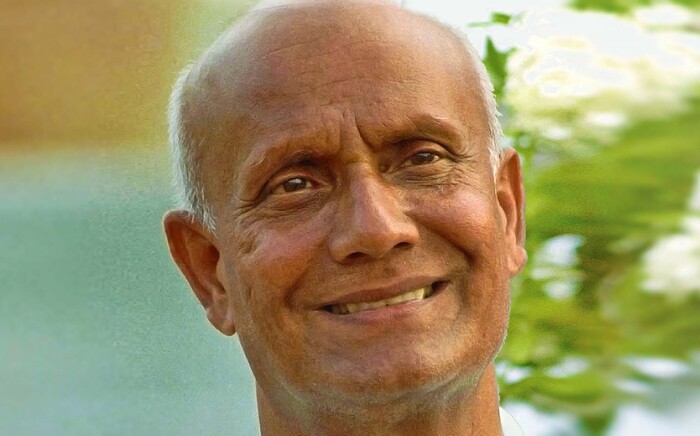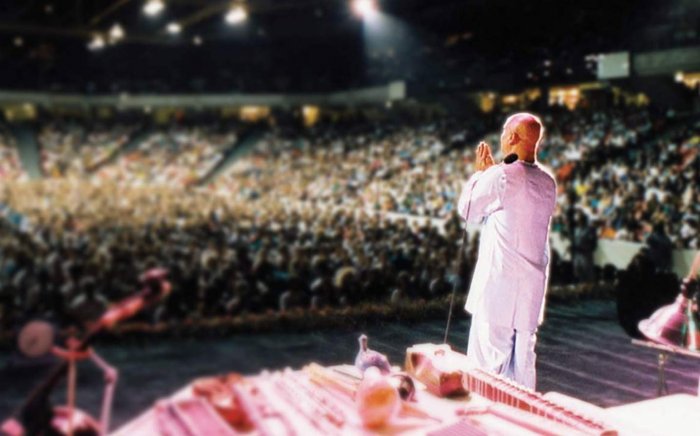
Stories
First-hand experiences of meditation and spirituality.

If a wish comes from the soul, it will be granted
Kamalakanta Nieves New York, United States
How I learned from Sri Chinmoy
Pradhan Balter Chicago, United States
The day I recieved my spiritual name
Banshidhar Medeiros San Juan, Puerto Rico
No Fear, Only the Heart’s Concern
Jogyata Dallas Auckland, New Zealand
Learning to love songs ever more
Patanga Cordeiro São Paulo, Brazil
My 5 a.m. strategic meditations
Sanchita Fleming Ottawa, Canada
Listen to the inner voice
Vidura Groulx Montreal, Canada
The spiritual life is normal to me
Shankara Smith London, United Kingdom
Sri Chinmoy meets St. Peter
Paramita Jarvis Kingston, Canada
You only have to keep your eyes and ears open
Gannika Wiesenberger Linz, Austria
My Life with Sri Chinmoy: a book
Tejvan Pettinger Oxford, United Kingdom
Believe, take a step and proceed: a 6-day race experience
Susan Marshall ,
The Ever-Transcending Goal
Preetidutta Thorpe Auckland, New ZealandSuggested videos
interviews with Sri Chinmoy's students

Self-transcendence in meditation
Kailash Beyer Zurich, Switzerland
Starting a spiritual café
Toshala Elliott Auckland, New Zealand
How I became interested in meditation
Abhejali Bernardova Zlín, Czech Republic
Humorous moments with Sri Chinmoy
Toshala Elliott Auckland, New Zealand
What brought me to the spiritual life
Paula Correia Porto, Portugal
Life in a spiritual workplace
Pranlobha Kalagian Seattle, United States

